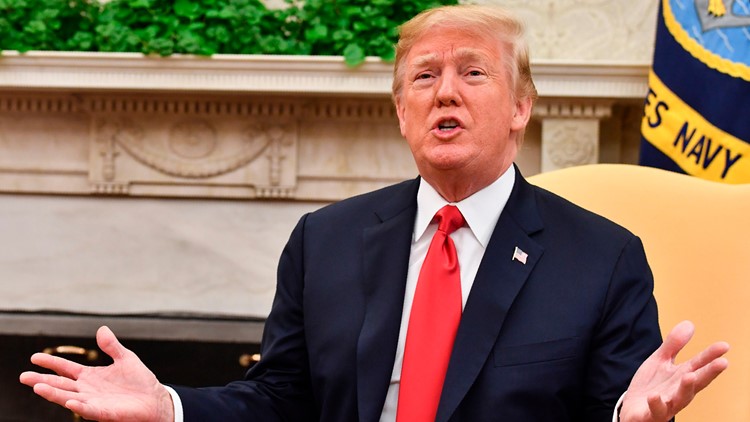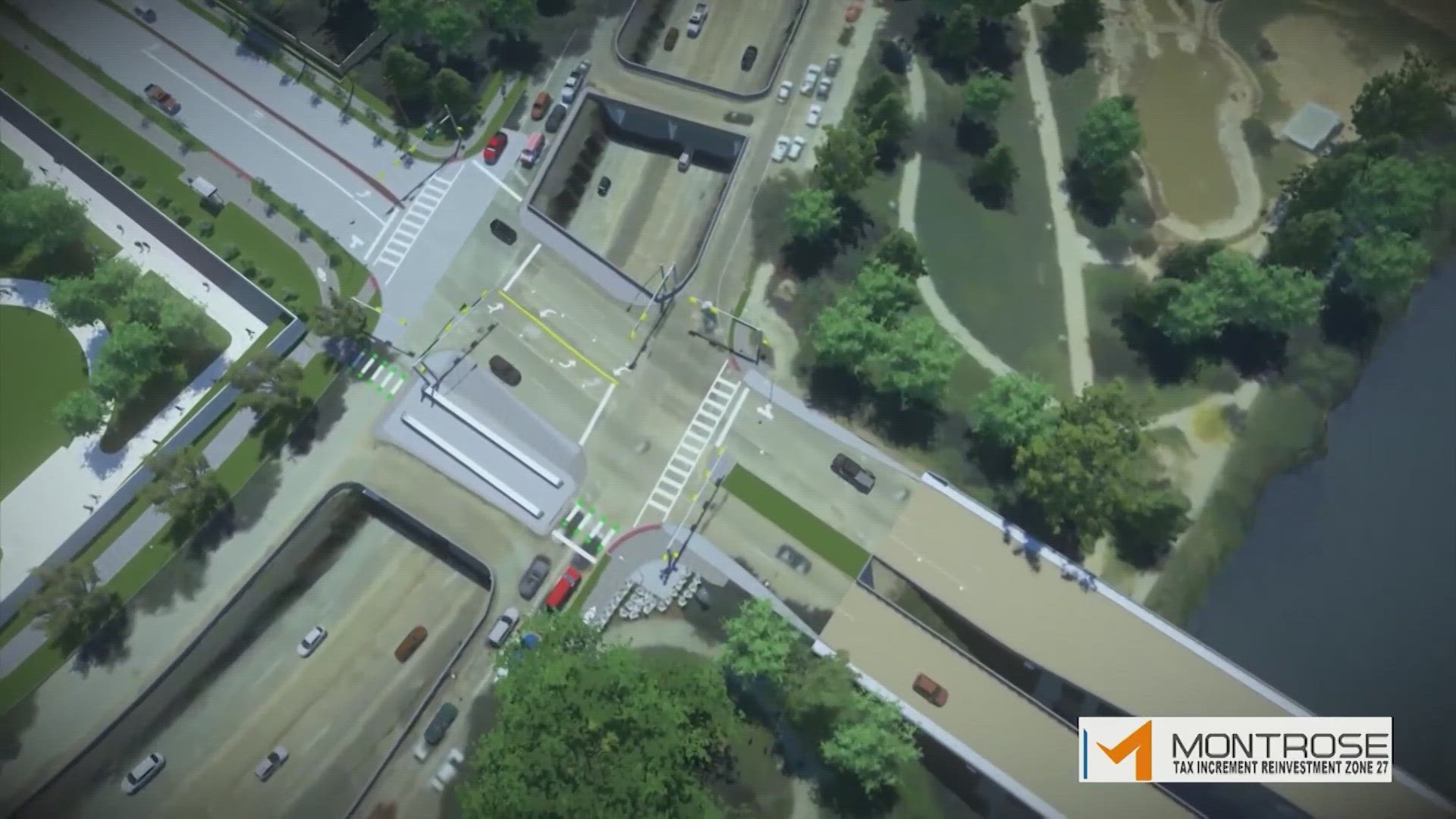TEXAS TRIBUNE – There’s a new road sign outside Arapaho United Methodist Church in Richardson.
“Please don’t use scripture to justify policies that harm families,” reads the sign.
The message, which was also posted to the church's Facebook page, seems directed at one person in particular: Attorney General Jeff Sessions, who this week used scripture — Romans 13 — to justify a new policy of "zero tolerance" at the country’s southern border, a strategy that has resulted in hundreds of children being separated from their parents. The text, Sessions said, says “to obey the laws of the government because God has ordained the government for his purposes.” But the word of God, many people of faith counter, instructs followers to “love thy neighbor.”
In Texas’ liberal urban centers and its quieter, more conservative corners, God has increasingly entered into an emotional debate over the Trump administration’s immigration policy, particularly as stories continue to emerge of separations that have taken a nursing child from her mother, kept a disabled teenager thousands of miles from his grandmother for almost a year and even led to a suicide.
Churches, especially in deep-red Texas, often sit out partisan squabbles. But the issue of family separations is not a political one, some faith leaders say — it's a humanitarian and moral crisis.
“As Christians, we can’t turn a blind eye to what’s going on in the world,” said Chip Stewart, a Texas Christian University professor who attends the First United Methodist Church of Fort Worth. On Sunday morning, he said, the pastor rebuked Sessions — a fellow Methodist — by name, and also referred congregants to Leviticus 19:33, which instructs, “When a foreigner resides among you in your land, do not mistreat them.”
Across the state, some faith leaders in the pulpit Sunday mentioned that verse and similar passages, implicitly and in some cases explicitly criticizing the government for a policy many consider un-Christian. Those messages to individual communities followed days of rebukes from national religious leaders, many of whom have criticized the government approach and called for compassion at the border.
“Our government has the discretion in our laws to ensure that young children are not separated from their parents and exposed to irreparable harm and trauma. Families are the foundational element of our society and they must be able to stay together,” said Cardinal Daniel DiNardo, archbishop of Galveston-Houston, at the U.S. Conference of Catholic Bishops spring meeting in Florida last week. “Separating babies from their mothers is not the answer and is immoral.”
At its annual meeting in Dallas last week, the Southern Baptist Convention passed an immigration resolution calling for “the priority of family unity.”
“We encourage pastors to address immigration issues with their local churches and to exhort their congregations to serve their local immigrant communities,” the resolution said.
And a group of 2,500 women faith leaders, including dozens in Texas, wrote to Department of Homeland Security Secretary Kirstjen Nielsen with a clear message: “The soul of our nation is at stake.”
Those rebukes were echoed at First Baptist Church of Austin, where on Sunday it all seemed to come together: Father’s Day, a national debate over immigration policy, and the scripture that Reverend Griff Martin had long planned to discuss that day, which dealt with, as he put it, “the abuse of power and our response to rise up against power being used wrongly.”
On Sunday, Martin told scores of parishioners that when people of faith are blind to atrocities — or don’t speak up to correct them — the result is tragedy.
“It’s racism, it’s war, it’s sexism, it’s school shootings, it’s 2,000 children currently separated from their parents at the border,” Martin said, his voice rising. “It’s issues that we should unite on.”
Go here to read this story in its original form at the Texas Tribune



